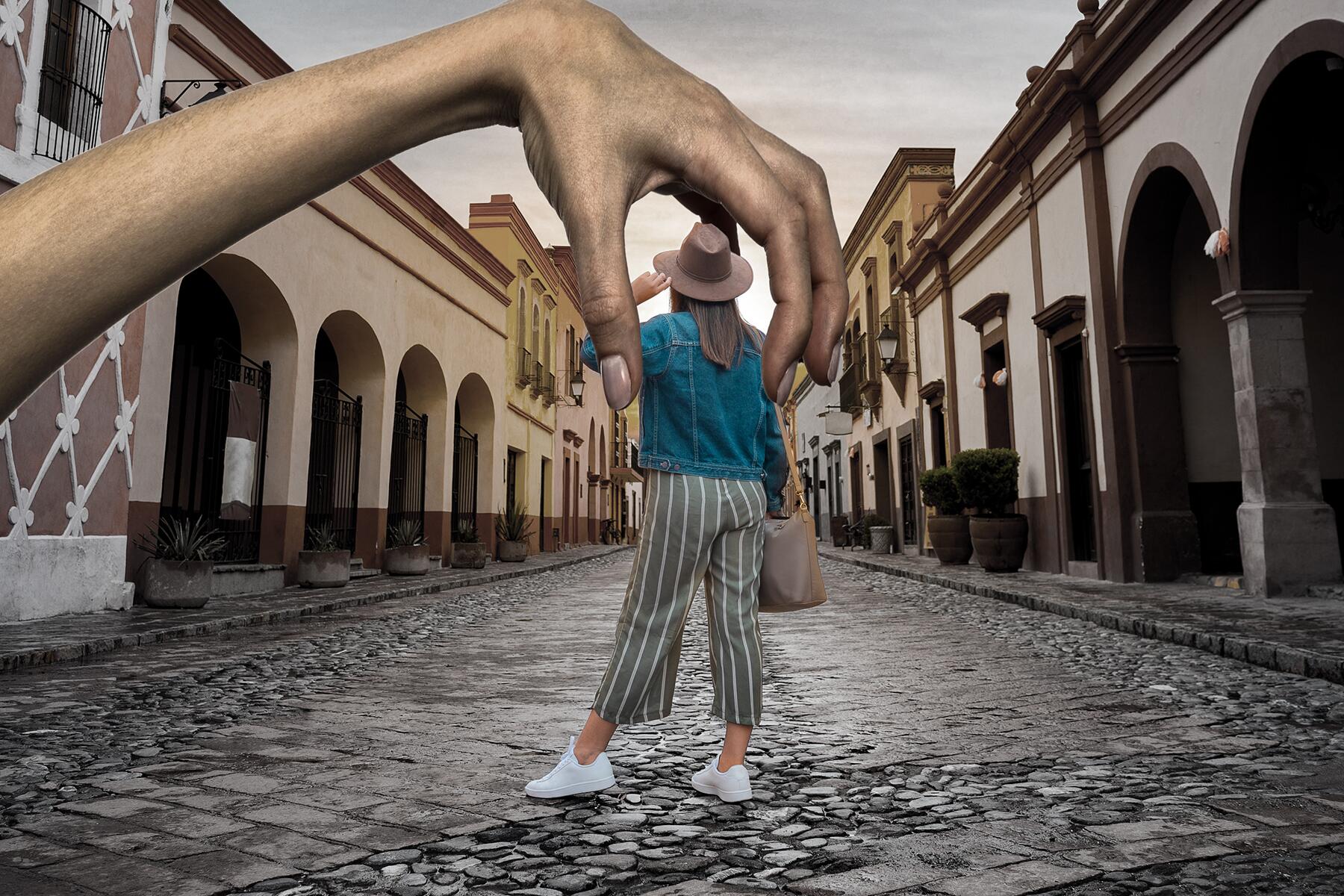From "free gifts" to dropped bags—don't fall victim to these classic scams.
It’s an unfortunate fact of travel: in many tourist centers, scammers prey on the unfamiliarity, gullibility, and jetlag of travelers to make some cash. Some of them are even so sophisticated that even savvy travelers can fall victim if they let their guard down.
Most of the scams have a common purpose—to distract, confuse, or disorient so that you won’t notice you’re being pickpocketed, or to take advantage of situations where you’re unable to give chase.
Here are a few of the most common scams prevalent in heavily-touristed areas in major European capitals. These often splinter into several variations, so keep an eye on the basic pattern.





